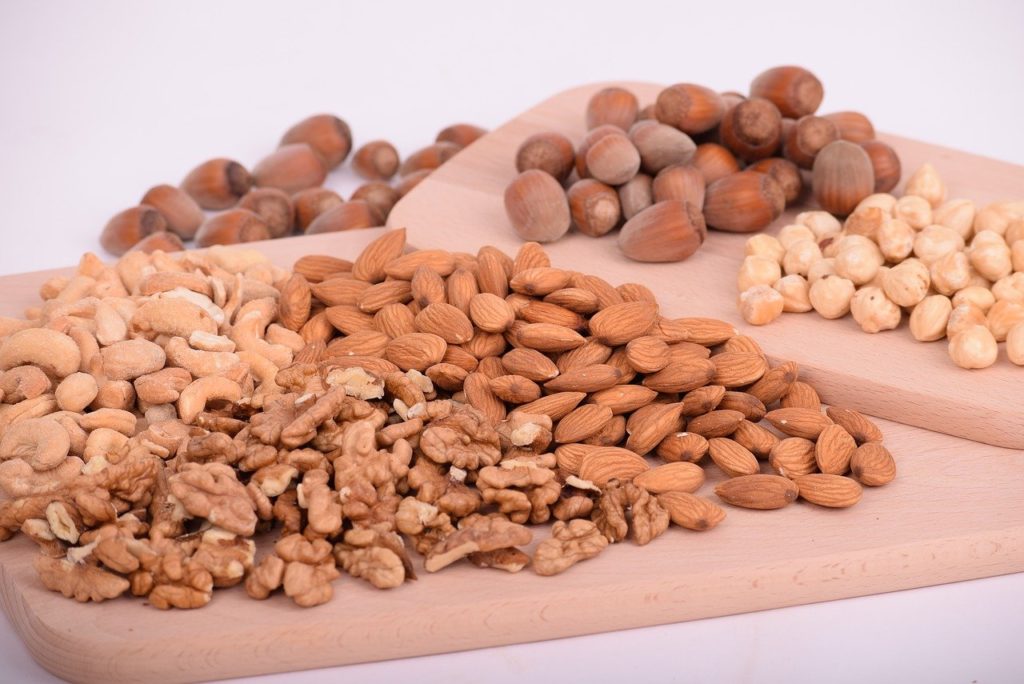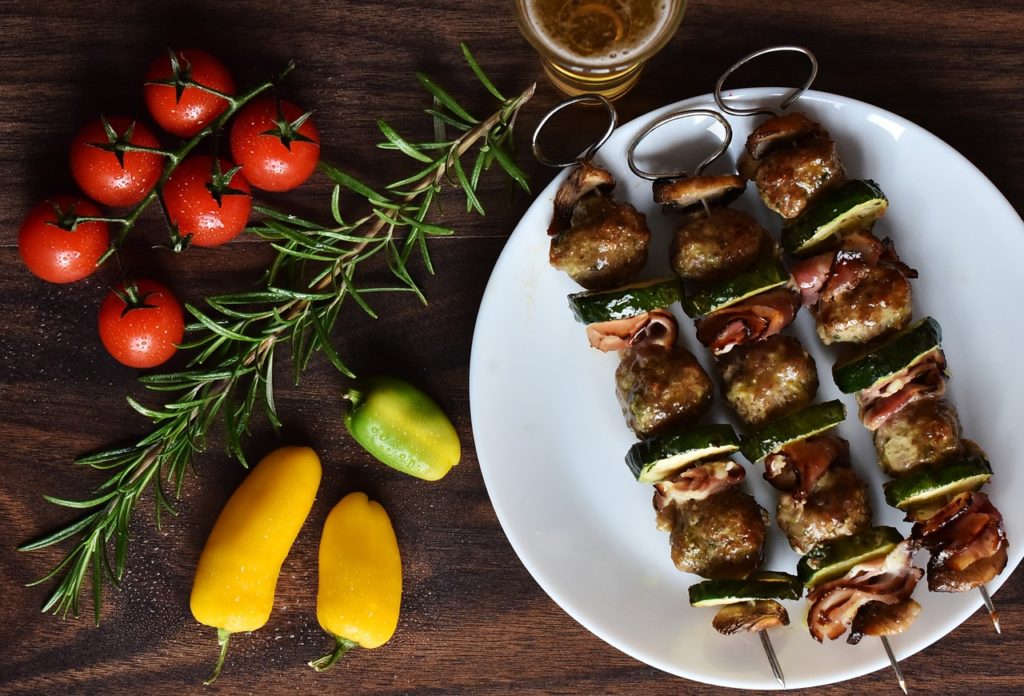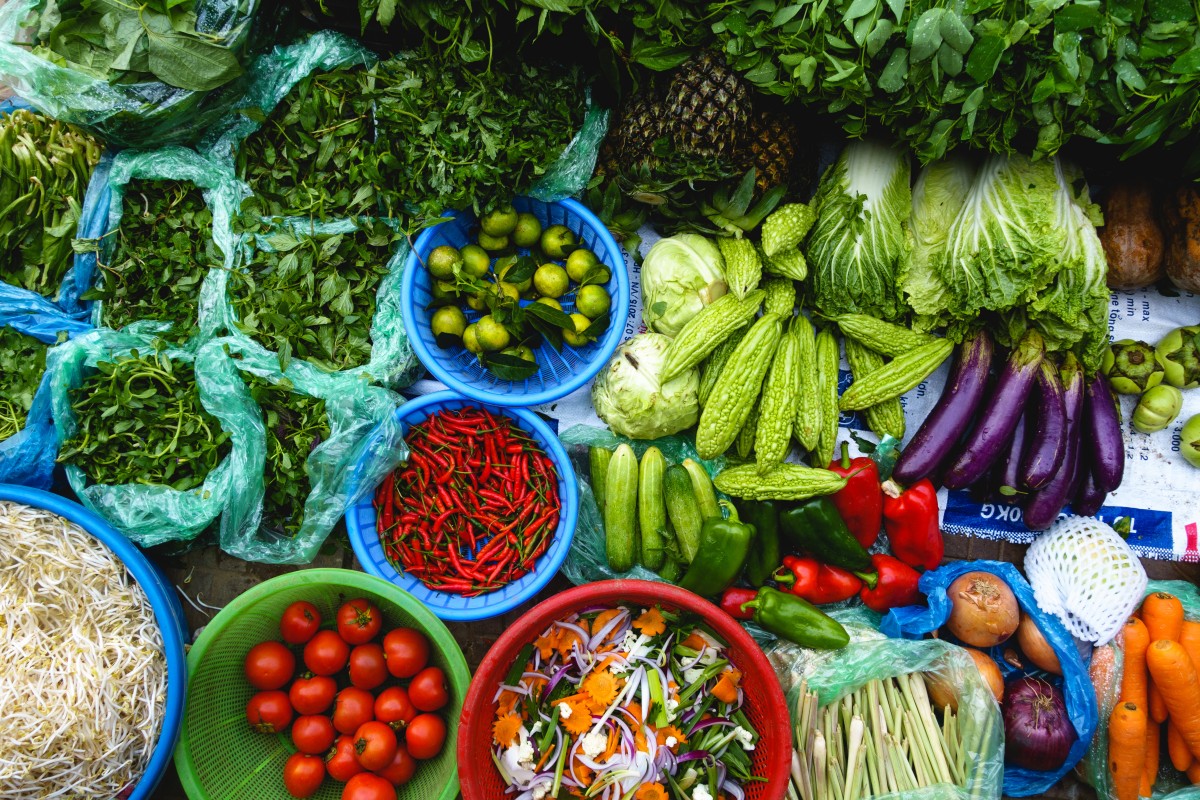In early pregnancy, the intake of iron, iodine, calcium, vitamin B9, and vitamin D increases. Therefore, before pregnancy, adjust your diet and create good habits that will help you last nine months.
The period from conception to the third month of pregnancy requires a special intake of vitamins and minerals. Below, we will inspect the vitamins and minerals that are important for a healthy pregnancy.
Table of Contents
Take care of yourself before conception
Good habits are not formed overnight. That’s why it pays to adjust your diet as soon as you plan for the birth of a baby. Some vitamins take time to store in the body. For example, iron supplies take about a month to replenish. The more unbalanced your diet, the longer it will take for your baby to build up the stores he or she will need first.
But don’t worry: if your needs increase in the early days of pregnancy, nature is good and the body can adapt. Optimize all the nutrients in your diet from the beginning. For example, iron absorption during pregnancy is 3 to 9 times higher than normal.

Vitamin B9 (folic acid or folate)
The need for vitamin B9 increases by 30% (i.e. about 400 micrograms per day) and intake should be increased before pregnancy, starting with the first desire to have a child. Folic acid is important in the first three months, in sufficient doses. A deficiency can have serious consequences for the child: if the neural tube does not close, serious neurological damage and growth retardation can occur.
Where can I find vitamin B9?
- In brewer’s yeast,
- Green leafy vegetables such as lettuce, salad greens, dandelion, spinach, sorrel, watercress,
- Nuts and oleaginous seeds,
- Melons.
Do I need to supplement vitamin B9?
As soon as you try to become pregnant – at least one month before pregnancy begins – your doctor or midwife can add a preventive supplement until the end of the first trimester. Women at particular risk for vitamin B9 deficiency include vegans, those who are expecting twins or triplets or have had twins, those with a family history of neonatal abnormalities, or those being treated with anti-epileptic drugs for epilepsy.
>>> KEEP READING – What diet to lose weight after pregnancy? Examples of menus
Vitamin D
The need for vitamin D doubles during pregnancy. This vitamin is involved in bone mineralization. It is the vitamin that allows the synthesis of calcium. You should also know that at the end of pregnancy, your vitamin D supply will allow your baby to create a reserve.
Where can I find vitamin D?
The body produces vitamin D mainly from sunlight. However, some foods also supply it:
- Fatty fish (sardines, salmon, tuna).
- Dairy products fortified with vitamin D.
Do I need to supplement vitamin D?
Your doctor or midwife may prescribe a supplement if your vitamin D levels are very low, especially if:
- You are due to give birth between March and June,
- Do not expose yourself to the sun.

Iron
The iron needs double during the first six months of pregnancy to accommodate the increased blood weight of the mother and fetus. Beware, if your baby is iron deficient, you will suffer from severe fatigue, irritability, difficulty concentrating, and reduced immunity.
Where can I find iron?
Eat meat (beef or veal), fish, or eggs once or twice a day, always well done. Black pudding is also an excellent source of iron, but should only be cooked or fried properly. Supplement the diet regularly with legumes and cereals (lentils, white beans, chickpeas).
Note: Iron from animals is better absorbed than iron from fruits and vegetables. Consider combining it with vitamin C for easier absorption. Baste fish and seafood with lemon and fresh parsley AND drink orange juice in the morning.
Do I need to supplement iron?
Your doctor may prescribe iron for people with anemia or vegetarians. Since meat also contains vitamin B12, which is essential for the production of red blood cells that carry oxygen to all the cells in your body, your doctor will also prescribe vitamin B12. Your iron needs should be assessed by your physician. Several blood tests will give you an accurate idea of your iron stores: if the results are good, supplements will not be prescribed.
>>> KEEP READING – Vacations and travel: which precautions for pregnant women?
Calcium
The calcium requirement during pregnancy is about 1000 mg per day. During these 9 months, the fetus collects 30 g of calcium to build its skeleton.
Where can I find calcium?
- In dairy products: milk, yogurts, cheese…
- Water rich in calcium (over 150 mg/l).
During pregnancy, 3 dairy products per day are recommended, although the amount may vary.
Note: Soy products may be fortified with calcium, but only one product per day should be consumed during pregnancy.
Do I need to supplement calcium?
No, unless you strongly dislike dairy products, regardless of how they are prepared… Do not rely on calcium in vegetables: it is not in sufficient quantities to meet your needs.

Iodine
The iodine needs increase from 150 to 200 micrograms per day during pregnancy. Iodine is essential for your baby’s brain development. A deficiency increases the risk of low birth weight and can slow mental development to varying degrees.
Where can I find iodine?
- In well-cooked seafood,
- Fish (cod, mackerel, whiting, herring, etc.),
- Milk and dairy products,
- Eggs,
- Iodized salt.
Do I need to supplement iodine?
It is not mandatory. Although it is difficult to reach the recommended dose of iodine during pregnancy, certain conditions can lead to iodine deficiency. Ask your doctor for advice.
Caution: no excess of vitamin A
Although vitamin A is essential for the body, it should not be consumed in excessive amounts during pregnancy. There is a risk of overdose, which may cause abnormalities in the fetus. Avoid liver (of any kind), which is very rich in this vitamin, and liver products during this period. However, if you consume it occasionally, there is no need to worry.



